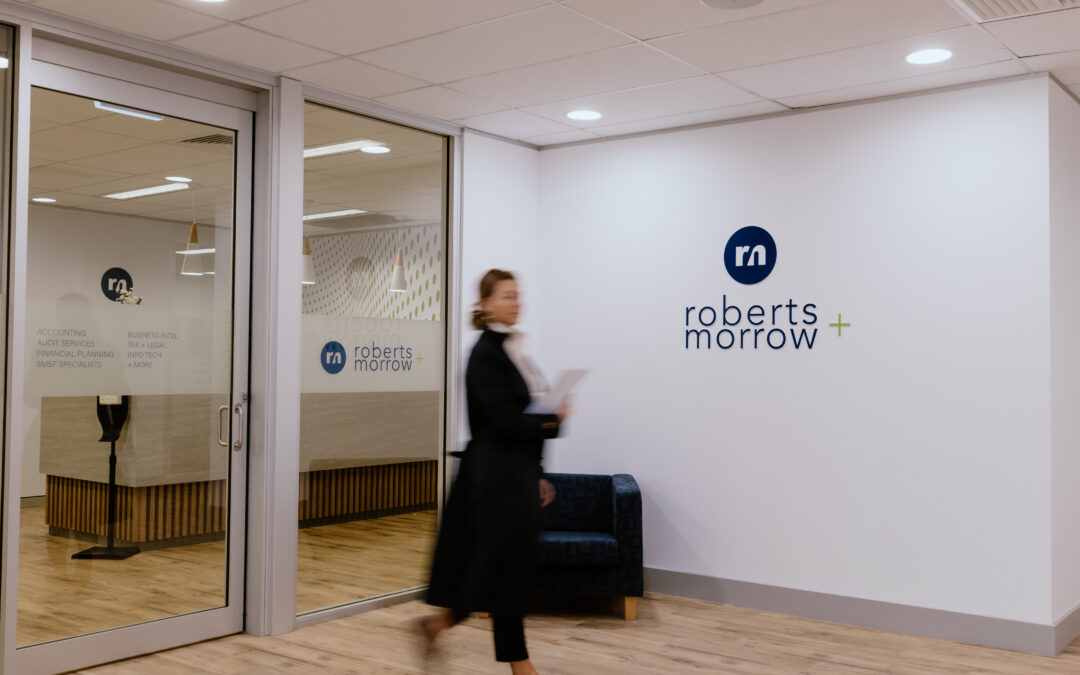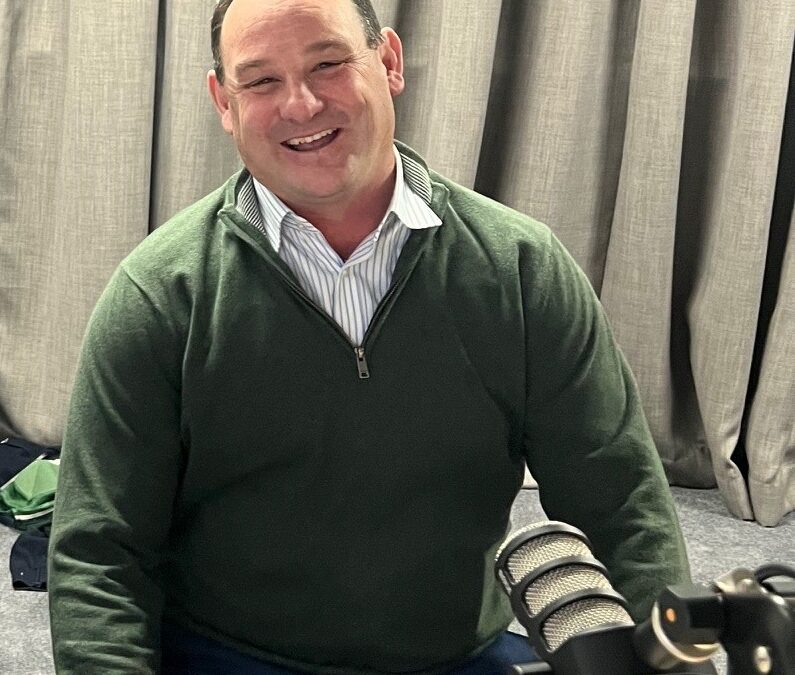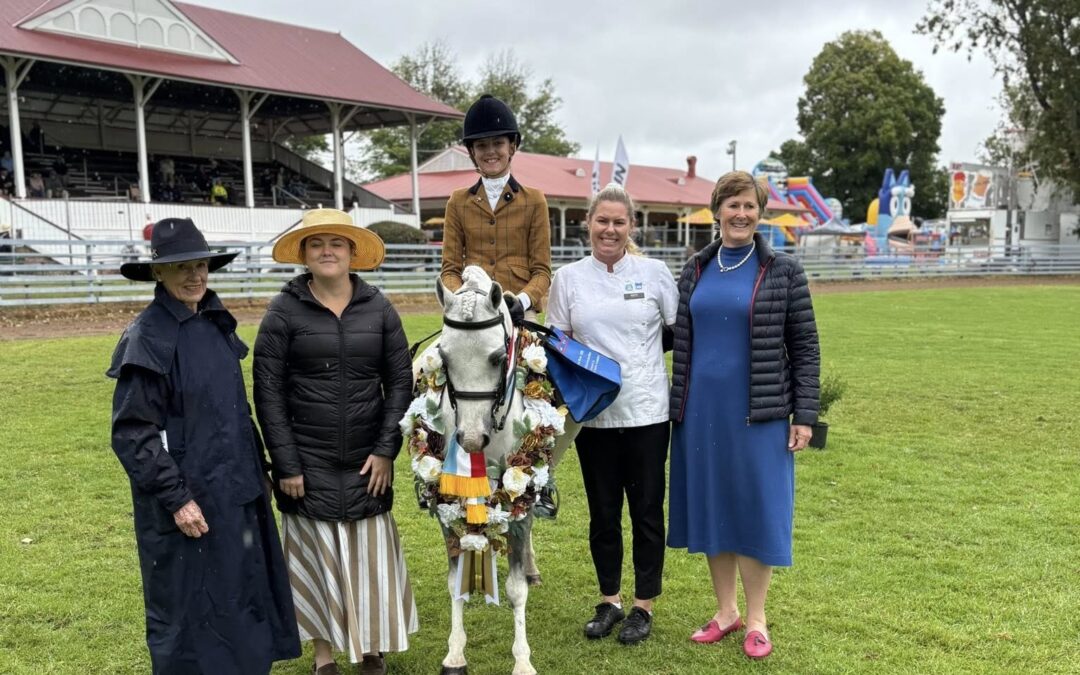The ATO has recently released a significant draft ruling around Div 7A, which ensures that private companies cannot make tax-free distributions of profits to shareholders or their associates in payments, loans, or forgiven debts. Generally, a private company is taken to have paid an unfranked dividend in the income year if a loan made to a shareholder/associate is not fully repaid before lodgment day.
Within private groups, a common practice is for trustees to appoint trust income to a related private company (i.e. a private company beneficiary). The appointed trust income is then included in the profits of the corporate beneficiary, and the company is assessed on its share of the net trust income. However, in some cases, while a private company beneficiary is made presently entitled to the income of the trust, that entitlement remains unpaid (i.e. unpaid present entitlement – UPE), or the trustee will set aside the entitlement amount into a separate sub-trust for the exclusive benefit of the private beneficiary.
In its previous substantive ruling on Div 7A and trust entitlements, the ATO took the position that a loan was assumed to have been made on any UPEs not called for by a corporate beneficiary unless the funds were held on sub-trust for the beneficiary’s sole benefit. It argued that a Div 7A loan includes providing credit or any other form of “financial accommodation”, which consists of the supply or grant of some form of financial assistance or favour.
The new draft ruling outlines the circumstances in which “financial accommodation” applies and differs from the views of the ATO in its previous substantive ruling. Specifically, the new ruling states that the phrase “financial accommodation” has a broad meaning and extends to cases where an entity with a trust entitlement has knowledge of an amount that it can demand and does not call for the payment.
For example, “financial accommodation” occurs when a private company beneficiary with a UPE consents to the trustee to continue using it for trust purposes. In that instance, the private company beneficiary made a loan to the trustee under the extended definition of the loan in Div 7A.
Where a private company beneficiary and the trustee have the same directing mind and will, the private company beneficiary will be taken to know the amount that it can demand immediate payment from the trustee. Therefore, if no payment is required, “financial accommodation” will be taken to have occurred.
The new draft ruling also covers instances where a trustee sets aside an amount from the central trust and holds it on sub-trust for the exclusive benefit of the private company beneficiary. The trustee’s obligation regarding the entitlement to distributed income ends when the amount is set aside, and a new obligation arises for the sub-trustee under a separate trust. In that scenario, a choice by a private company beneficiary not to exercise a right to call for the sub-trust to end does not constitute “financial accommodation” in favour of the trustee.
However, “financial accommodation” is said to have been provided. Thus, a Div 7A loan occurs when the private company beneficiary has knowledge of using an amount of the sub-trust fund and does not call for payment of that part of the sub-trust fund by the private company beneficiary’s shareholder (s) and or their associate (s). Again, suppose the private company beneficiary and the trustee have the same directing mind and will. In that case, the private company beneficiary is taken to know the use of the sub-trust fund when the trustee does.
Are you feeling confused?
Div 7A and the constantly changing views of the ATO are enough to give any private company owner a headache. If you’re not sure whether your private group’s arrangements may be affected, contact us today via enquiries@rm.net.au for expert help and advice.
**The material and contents provided in this publication are informative in nature only. It is not intended to be advice and you should not act specifically on the basis of this information alone. If expert assistance is required, professional advice should be obtained.



